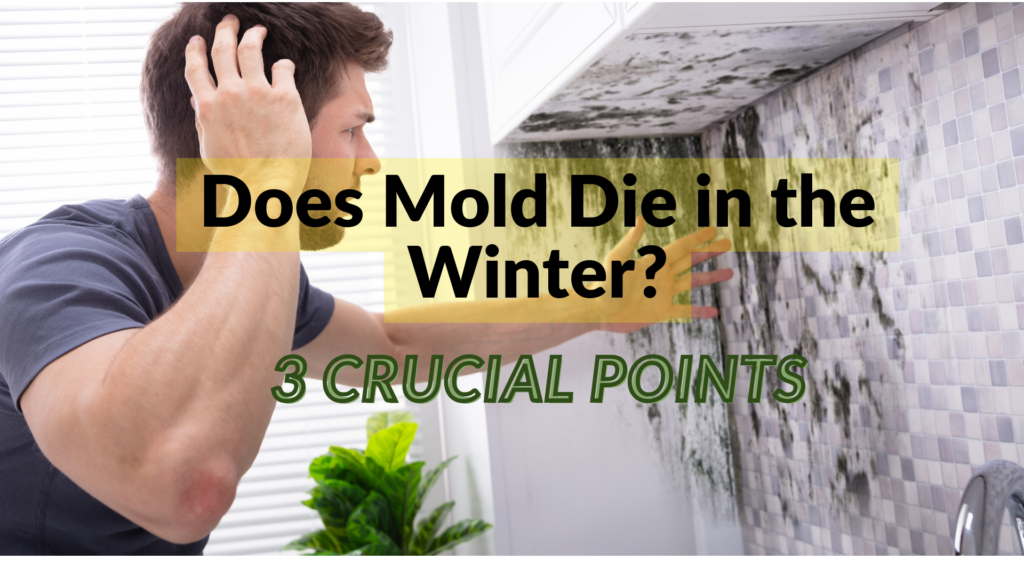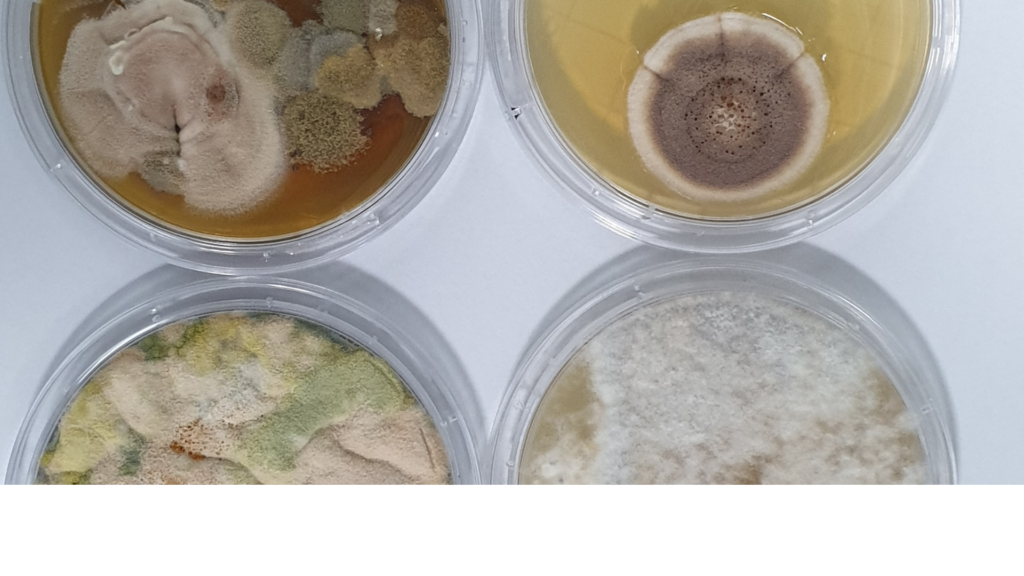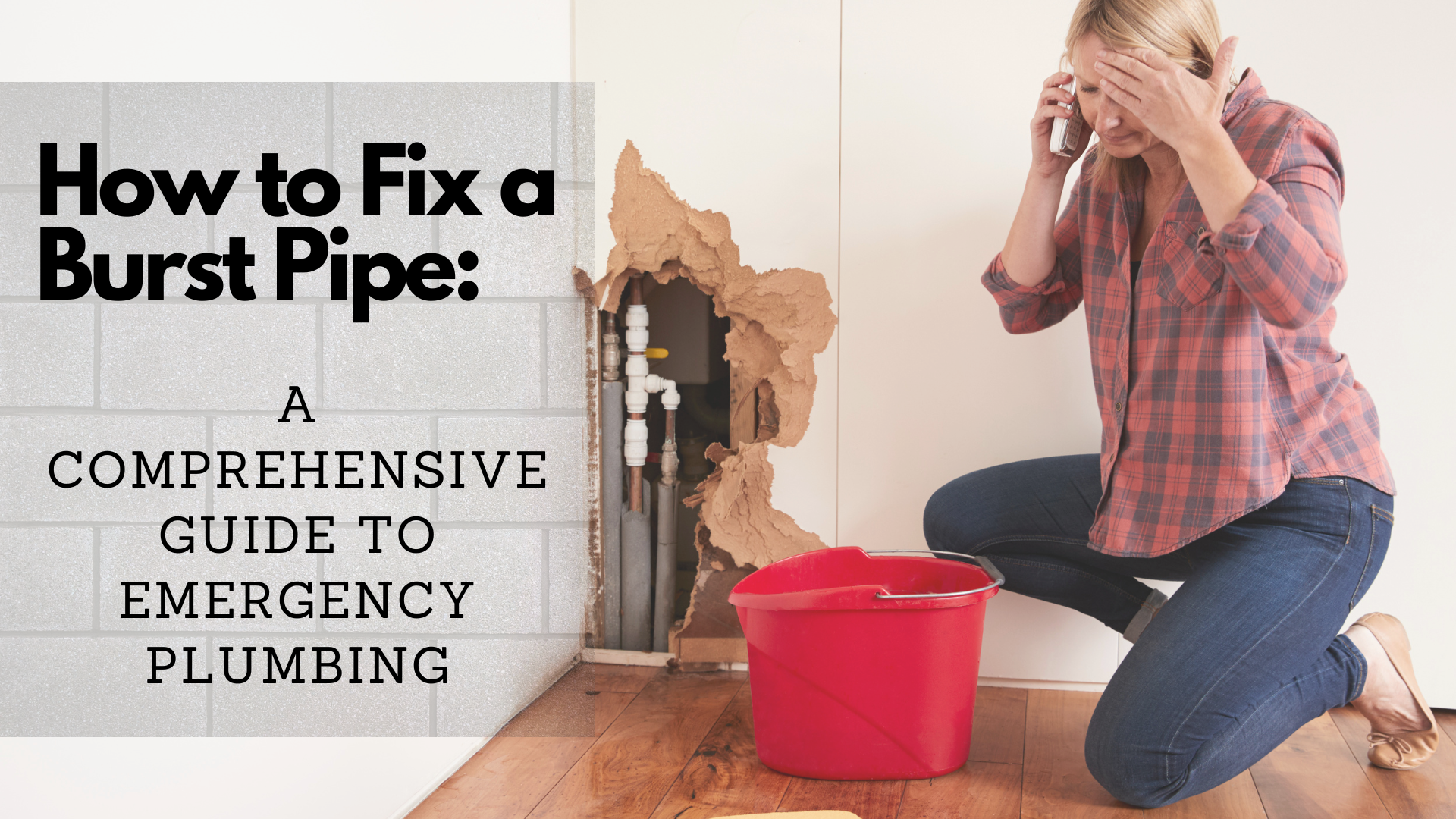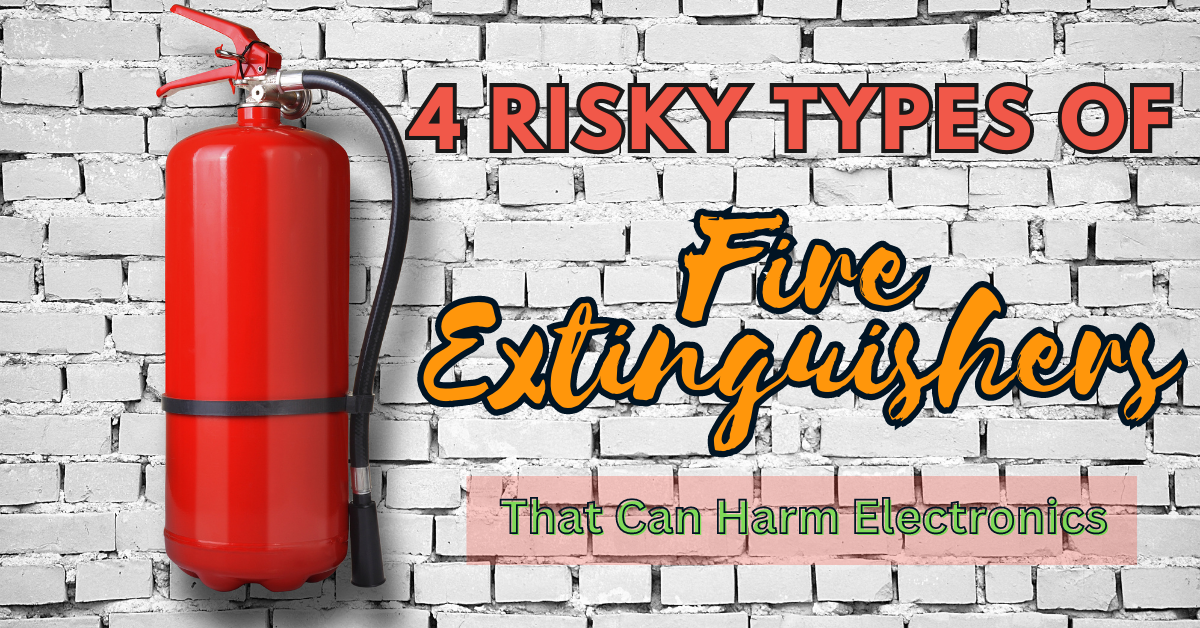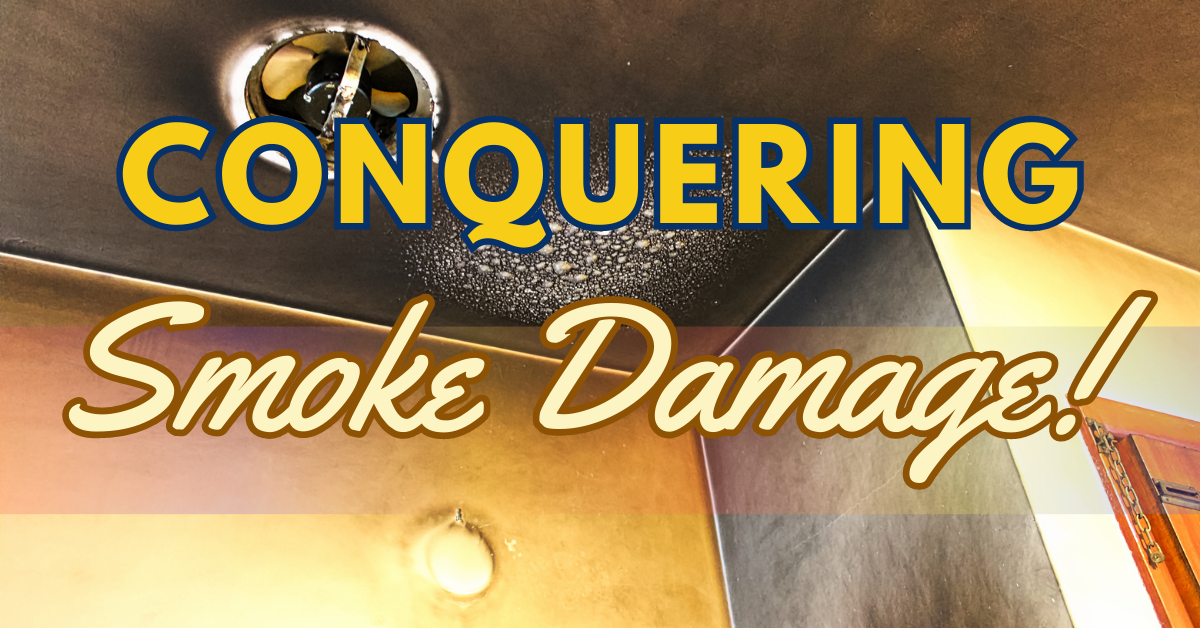Does mold die in winter? People often believe mold growth issues don’t need to be a concern during freezing temperatures due to reduced air moisture. However, the truth is that mold can grow during the winter season, just like in other seasons throughout the year.
Various types of mold require different conditions to thrive, and some molds are more likely to grow during the winter season than others. Every mold type has specific temperature requirements for growth, with wide varieties thriving in environments between 60 and 80 degrees Fahrenheit.
Unfortunately, the temperature conditions that favor mold growth are ideal for our comfort, and we typically heat or cool our homes to maintain those parameters.
In this article, you will understand some of the reasons why mold can flourish even in cold temperatures. But if mold problems have already affected your property larger than 3 square meters, it is advisable to hire a professional.
FAQ: Does Mold Die in Winter Months?
Mold cannot be killed by cold weather because mold spores are opportunistic and will spread once the right conditions arise. Although extreme temperatures do not kill mold, they can deactivate them. Even if the temperature drops below freezing, mold spores will not die but will become dormant and begin to grow again as soon as the temperature increases.
Therefore, controlling the temperature alone will not solve your mold problems. To terminate mold from your home and prevent it from recurring, controlling humidity levels and preventing moisture buildup is essential.
Here are the 3 Crucial Points to Take Note
- Mold growth is often encouraged by the additional moisture from the snow.
The air may be dry during winter, but the ground retains its moisture levels. When above-freezing temperatures cause the snow to melt, the additional moisture can pose problems for homeowners. If your foundation or basement is not waterproof, water may leak into your home, leading to mold growth.
To prevent mold growth, it is vital to proactively check the perimeter of your house for any vulnerable areas, even if you have not experienced such issues before. The freeze-thaw effect during winter can damage your home’s foundation, making it more susceptible to water leaks.
- Excessive heat can cause mold and mildew issues to occur.
To stop mold from growing during the winter, it’s important to know that raising the temperature inside your house can make it perfect for mold to grow, especially on natural materials. Regularly cleaning and reducing humidity can effectively handle this problem. It’s also a good idea to have proper airflow in all parts of your home to discourage mold growth.
- Humidifier Issues
During winter, homeowners commonly use humidifiers due to dry air causing discomfort, particularly for those with colds. However, improper use of humidifiers can create an ideal environment for mold growth, as they increase moisture levels and provide a food source for mold.
So, to prevent mold growth, it’s essential to be cautious with humidifier usage and consider moving them to different areas of the home. It would be best to use humidifiers when necessary to avoid excess moisture buildup.
Health Issues Caused by Mold
Mold allergies are prevalent and can result in unpleasant symptoms such as sneezing and a runny nose, coughing, itchiness of the eyes, nose, throat, or skin, and watery eyes. People allergic to mold and have asthma may experience asthma attacks triggered by mold.
While a drop in temperature may alleviate allergy symptoms for some people, those with mold allergies may experience increased symptoms during winter due to spending more time indoors. Indoor heating systems can aggravate mold allergies, releasing mold spores into the air from ducts and other areas where they may have accumulated.
Protect Your Home and Family by Testing for Mold in Your Home
So, does mold die in winter season? Yes, mold can still survive and grow in winter, even in colder temperatures. In fact, mold growth can be even more prevalent during winter due to factors such as increased indoor humidity levels and lack of ventilation. Therefore, it is crucial to be watchful about preventing and addressing mold growth in your home throughout the year, including during winter.
Indoor mold can be detrimental to your health and home, despite being vital to the outdoor ecosystem. If you’ve experienced mold allergy symptoms, difficulty breathing, or detected an unusual earthy scent in your home, a professional mold inspection can provide the necessary answers.
Superior Restoration is a trusted company that specializes in removing mold. Our team of certified professionals uses advanced tools to get rid of mold from your property. We start by checking how much mold there is and making a plan to remove it. Our experts work quickly to make your property safe and healthy again. We are available all day, every day, and our main goal is to make sure you are happy with our service. Contact us for reliable help with mold removal.


